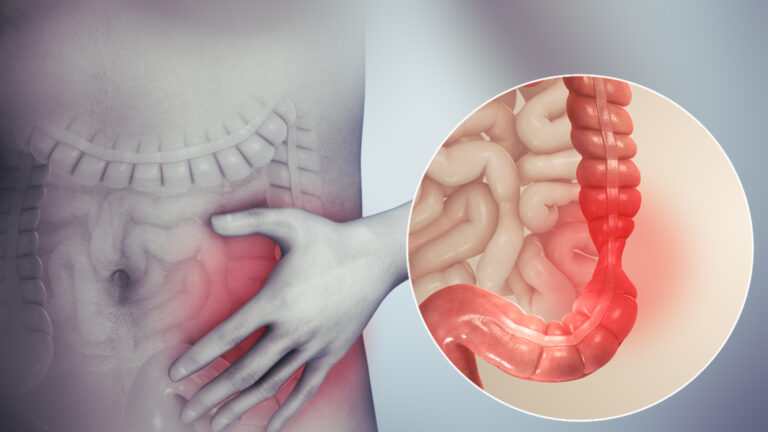What causes swollen colon? What of a swollen one on the left or right side? Discover the causes, treatment, what to eat as well as remedies.
Why does it occur?
It occurs due to inflammation of the layers of the colon usually due to infection or other autoimmune factors including diseases and drug side effects causes. Sometimes it can cause pain and discomfort to an individual.
Some possible causes of this condition include infection, blood flow problems, or natural disease processes affecting the colon. An introduction of chemicals into it, as in the case of an enema, may also lead to the swelling in the colon. Let us look at some exact causes.
Swollen Colon causes and their treatment
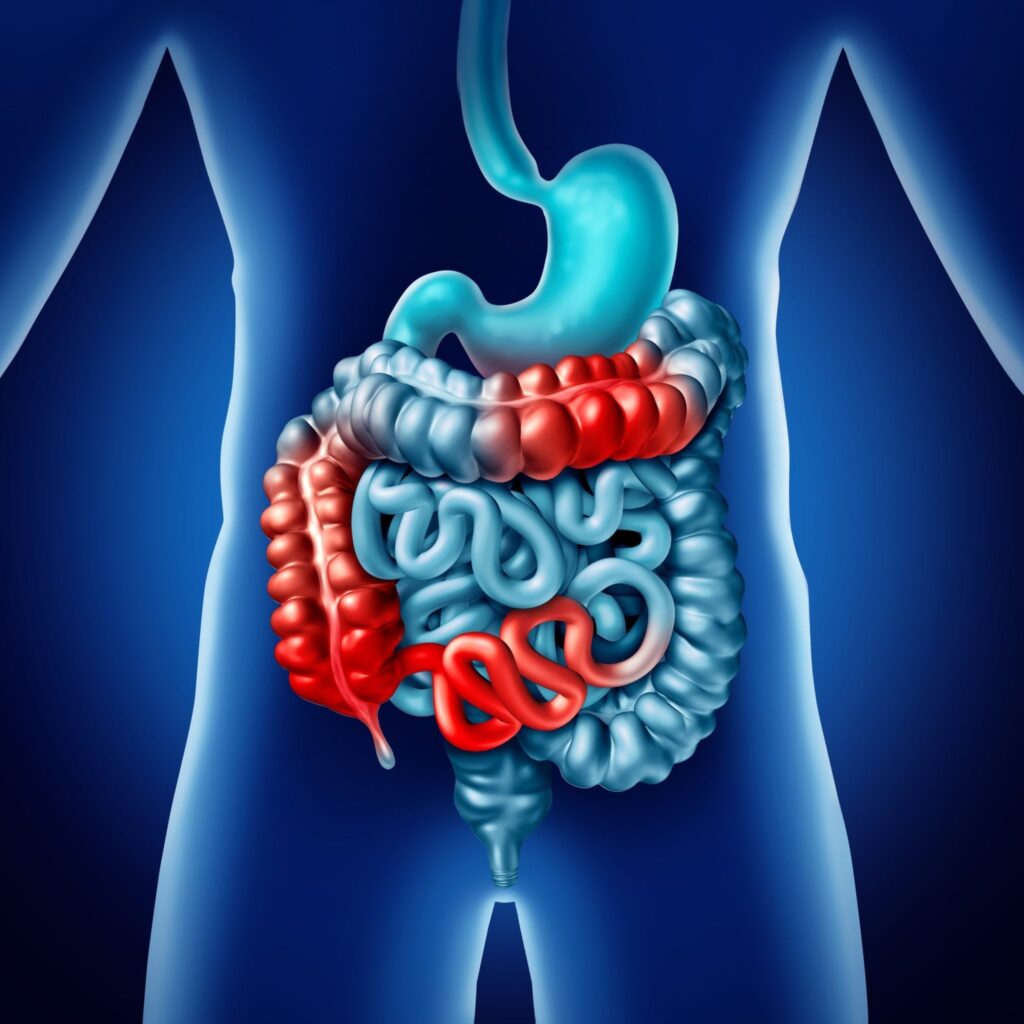
The cause of swollen or an enlarged colon will help determine the course of treatment. Some typical treatments include laxatives, anti-inflammatory medications, and surgery. Let us look at treatment for various causes.
Due to constipation
Constipation, which results from poor diet, medication intake, stress and certain medical conditions that inhibit an individual from having a bowel movement with ease. This condition can make you suffer from lower abdominal pain and to feel nauseous. A doctor might suggest that the patient take a laxative or stool softener to help initiate a bowel movement.
Chronic intestinal inflammation
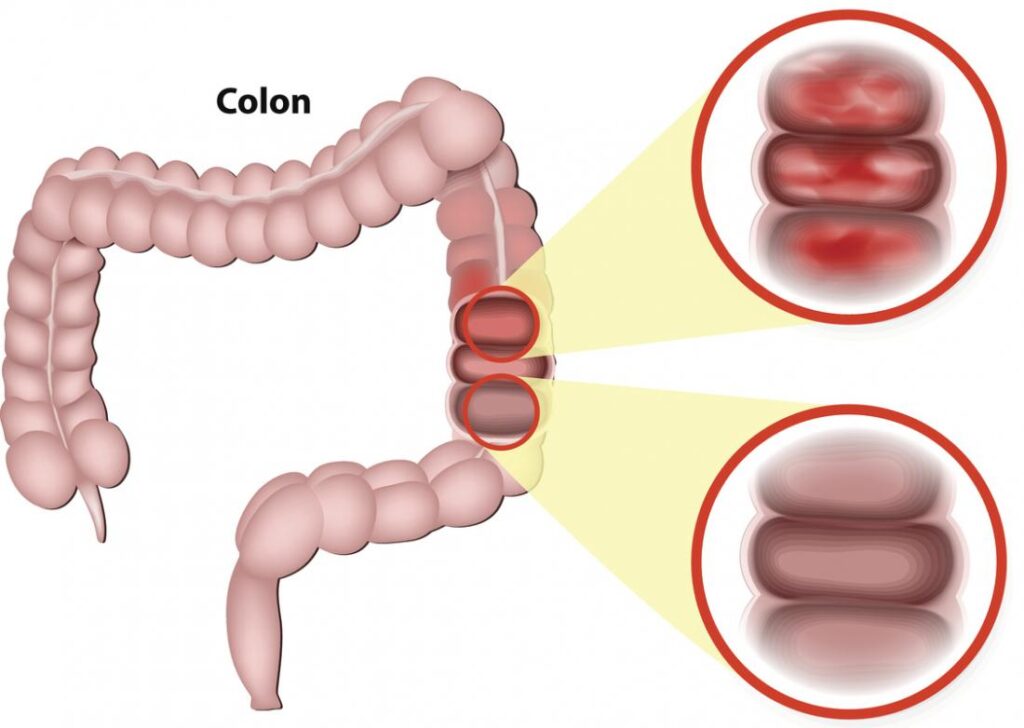
Chronic intestinal inflammation that results from Crohn’s disease can cause severe and frequent diarrhea. Excess inflammation can lead to a swollen colon, which can even be at risk for tearing if it becomes too inflamed. The patients are placed on anti-inflammatory medications by a doctor to help prevent and heal this problem.
Irritable bowel syndrome
Irritable bowel syndrome (IBS) stimulates intestinal muscles to spasm thus resulting in a swollen colon. Those individuals prone to this are those with stress and anxiety. Therefore, they will be subjected to anti-anxiety medications to help reduce attacks.
IBS patients who have chronic diarrhea are encouraged to eat small meals and avoid stimulants. Those who are plagued by constipation are put on a high-fiber diet. All of these practices can help reduce colon swelling.
Note: This condition can be treated with medications and diet. If a person’s colon becomes too swollen, he or she might suffer from an impacted bowel.
Swollen one the left side
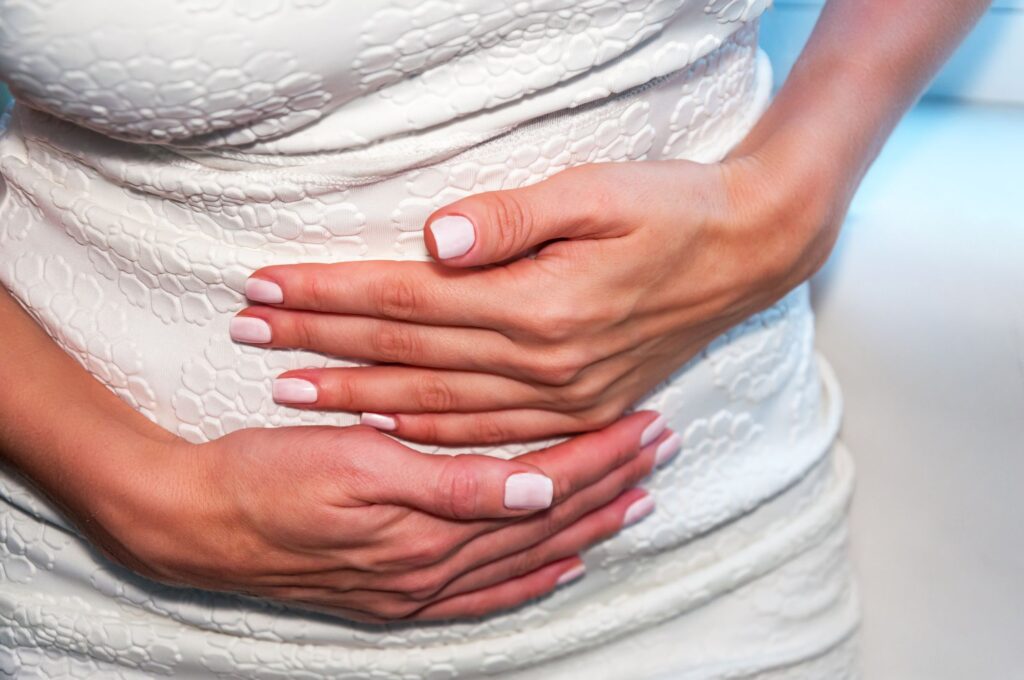
Abdominal swelling on the left side has many potential causes such as:
Infection
Infection is a common cause of a swollen colon resulting from the virus, bacteria, or parasite. Common symptoms of infection include diarrhea, which may or may not be bloody, and dehydration. If the dehydration becomes extreme, it may be necessary for the patient to be temporarily hospitalized.
Blood flow problems
It may sometimes lead to the development of this problem resulting in a condition known as Ischemic colitis whereby the arteries that supply the colon become narrowed, compromising blood flow.
A condition known as a volvulus may also lead to blood flow problems as the colon becomes twisted. An incarcerated hernia is yet another medical condition that can lead to blood flow problems and swelling.
Ulcerative colitis or Crohn’s disease
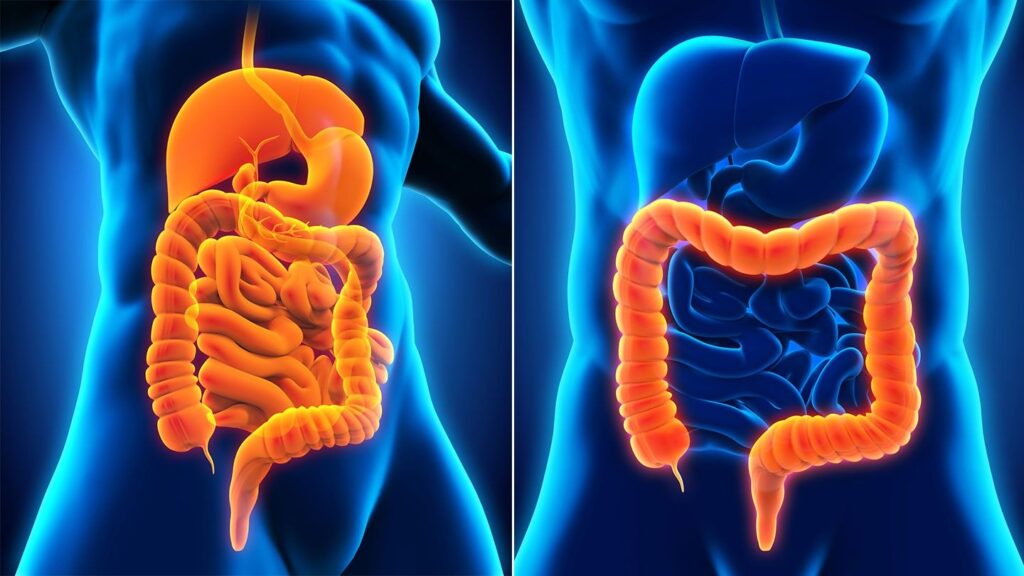
These are inflammatory bowel diseases that are believed to be caused by autoimmune irregularities. Common symptoms include abdominal pain, spasms and cramping, and rectal bleeding. Dietary changes and the use of over-the-counter or prescription medications can help to control some of the symptoms, although there is no cure for this type of disease.
Collagenous colitis or lymphocytic colitis
Although, the conditions are relatively rare and seem to be most common among older women. The most common symptom of both of these conditions is watery diarrhea that in turn results to a swollen colon.
Presences of chemical substances
This is one of the dangers of using an enema to induce a bowel movement. Occasional enema usage is less likely to have this effect than repetitive use. Chronic constipation should be treated by a doctor instead of self-medicating with an enema or other laxatives on a regular basis.
Swollen Colon Right Side
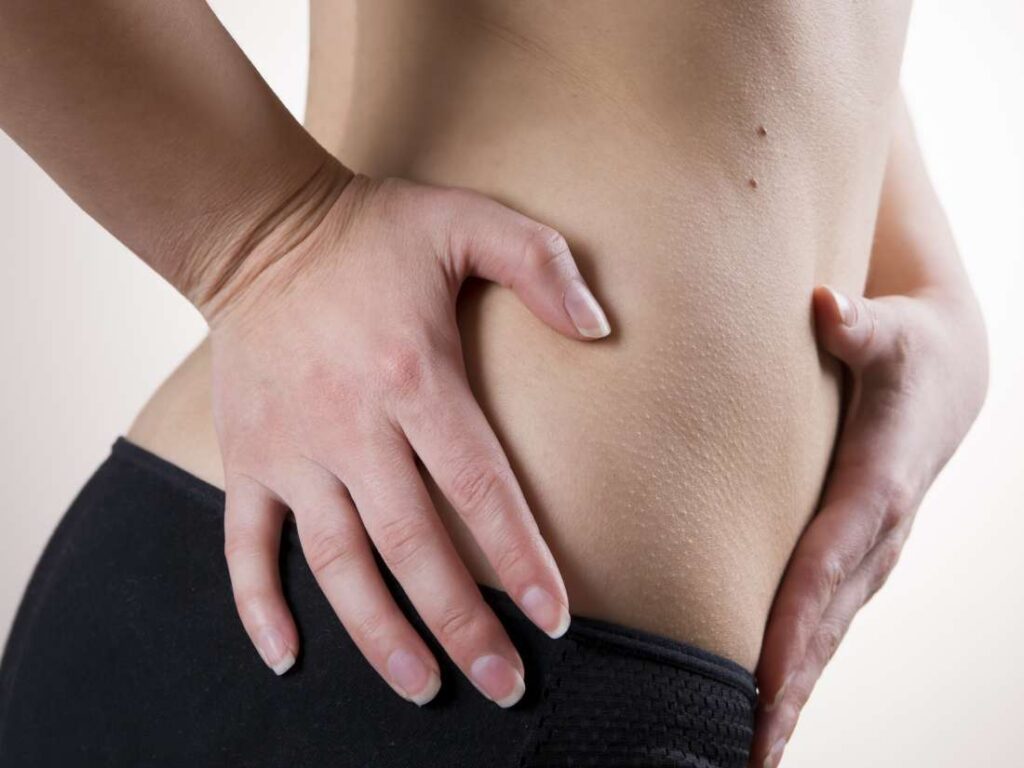
This refers to the ascending colon that begins in the right lower quadrant and runs up to the right upper quadrant. It bends at the hepatic flexure to follow through to the transverse colon. Therefore, the right side of the abdomen is occupied by the entire ascending colon and the first part of the transverse colon.
Swelling in this region is caused by:
- Infections
- Inflammatory
- Trauma
- Growths
- Vascular
- Obstruction
In case of a swollen colon, what to eat
Swollen colon will require you to consume mild, easily digestible foods until your symptoms improve. Your physician can put you on a diet plan to help heal your colon such as:
Beverages
You will be required to take sufficient fluids especially if you are experiencing diarrhea, as it may lead to dehydration. Consume water throughout the day as a mild way to stay hydrated. Sports drinks are recommended since the drinks contain electrolytes such as sodium and potassium, and will also help keep you hydrated, according to MayoClinic.com.
Probiotics and Dairy Foods
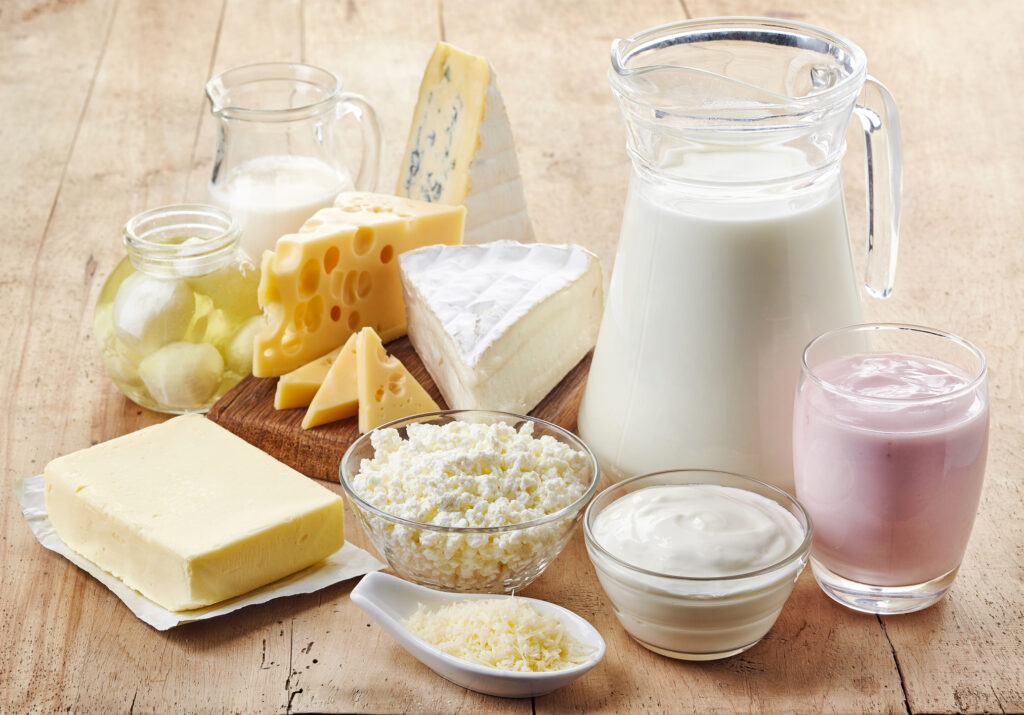
They help heal your intestine and prevent diarrhea. Probiotics are good bacteria that live in your gut. Go for dairy foods that are low in fat and easier for your body to digest such as skim milk and low-fat cottage cheese.
Grains
Whole grains contain insoluble fiber, which moves food through your body quickly and creates fecal bulk but avoids using too much since it may result in diarrhea. Purchase white bread instead of wheat bread until your symptoms improve.
The National Institute of Health reports that soluble fiber absorbs excess fluid and acts like a sponge in your intestines, which can help decrease symptoms of diarrhea.
Soft or Processed Produce
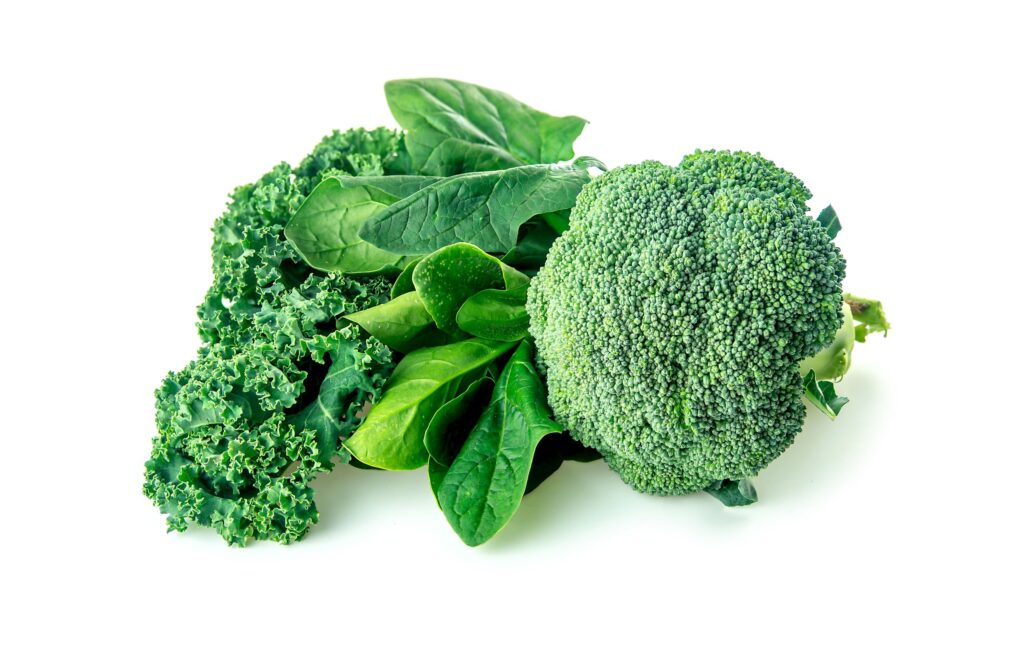
Steaming vegetables is a way of processing that breaks down the insoluble fiber and makes it easier for your body to digest. Broccoli, spinach, and carrots are all delicious steamed. Canned green beans are easier for your body to digest than fresh ones since the insoluble fiber content is diminished.
On the other hand, the following are some of the foods not recommended for healing swollen colon:
- Carbonated, Caffeinated or Alcoholic Beverages
- Tough Meats, Nuts, and Beans
- Whole Grains
- Raw Veggies and Fruit
Natural Remedies
What about natural remedies for someone who has a problem with a swollen colon. Here are some of the common remedies they should opt for:
Eat flaxseeds
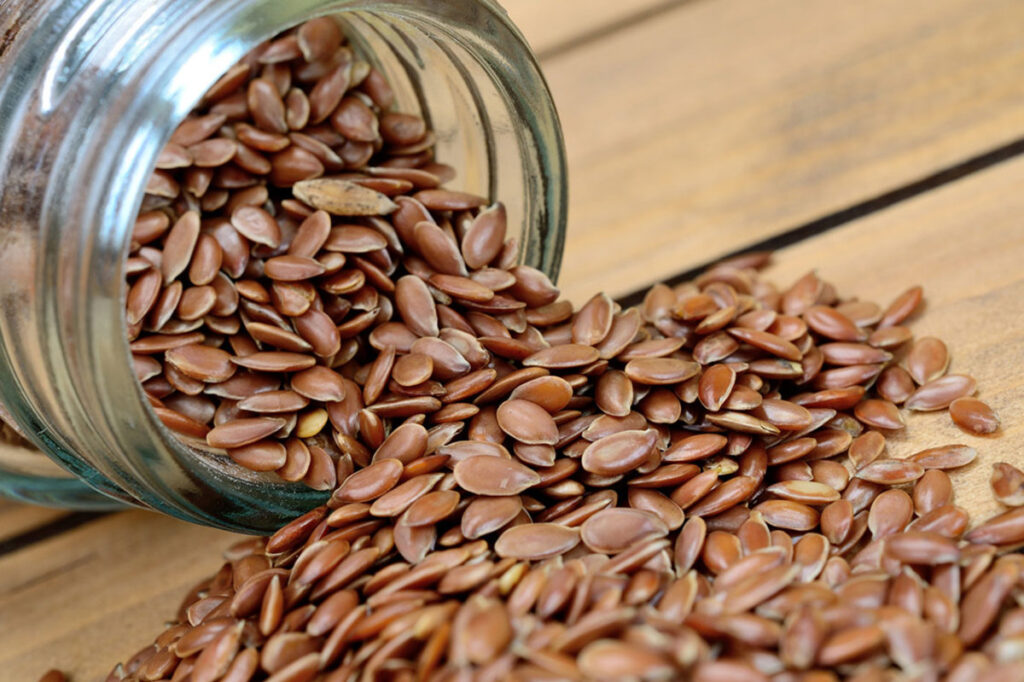
They contain potent antioxidant properties that help flush out impurities and harmful blockages from the colon thus preventing food accumulation that may result in bowel infections.
Eat fresh yogurt
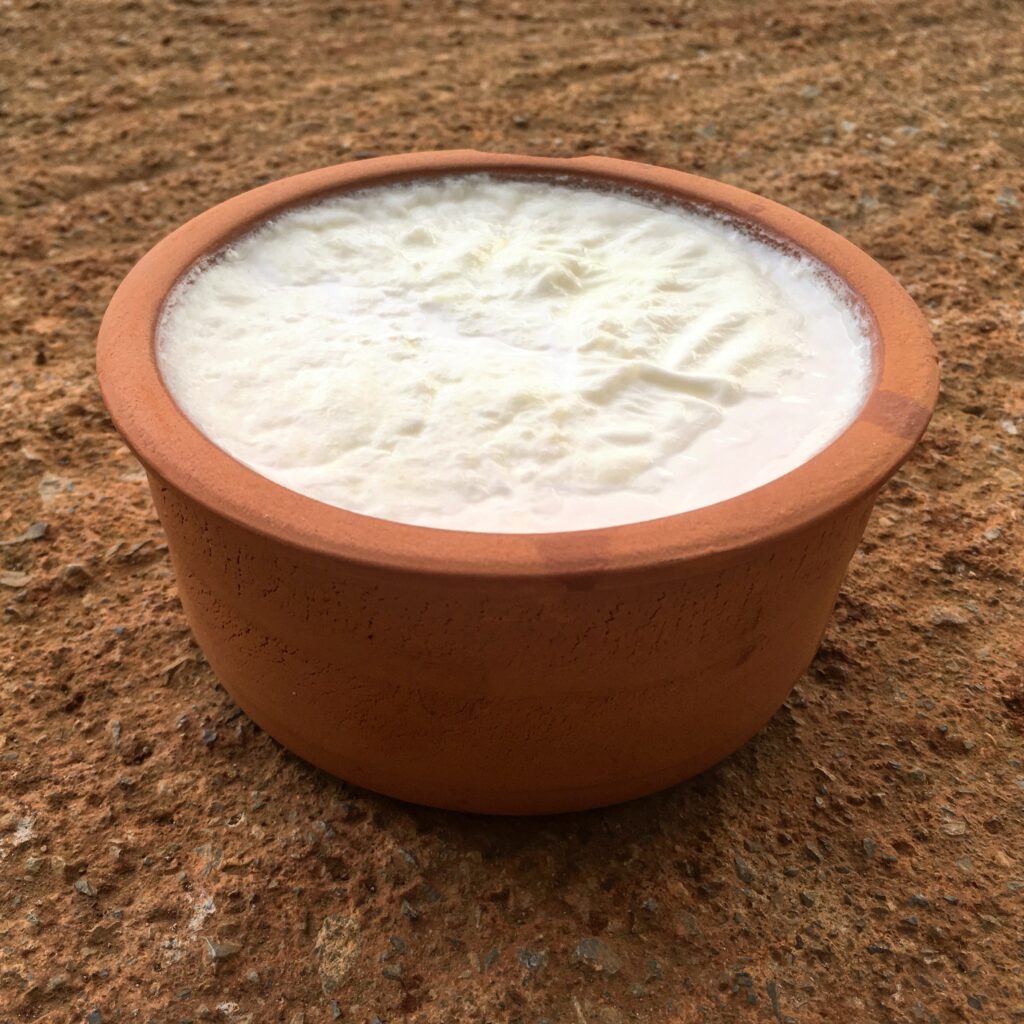
It is full of bacteria that help get rid of bad bacteria in your bowel hence preventing bowel infection. The basic property of yoghurt due to the presence of calcium helps to neutralize inflammation.
Drink lemon juice
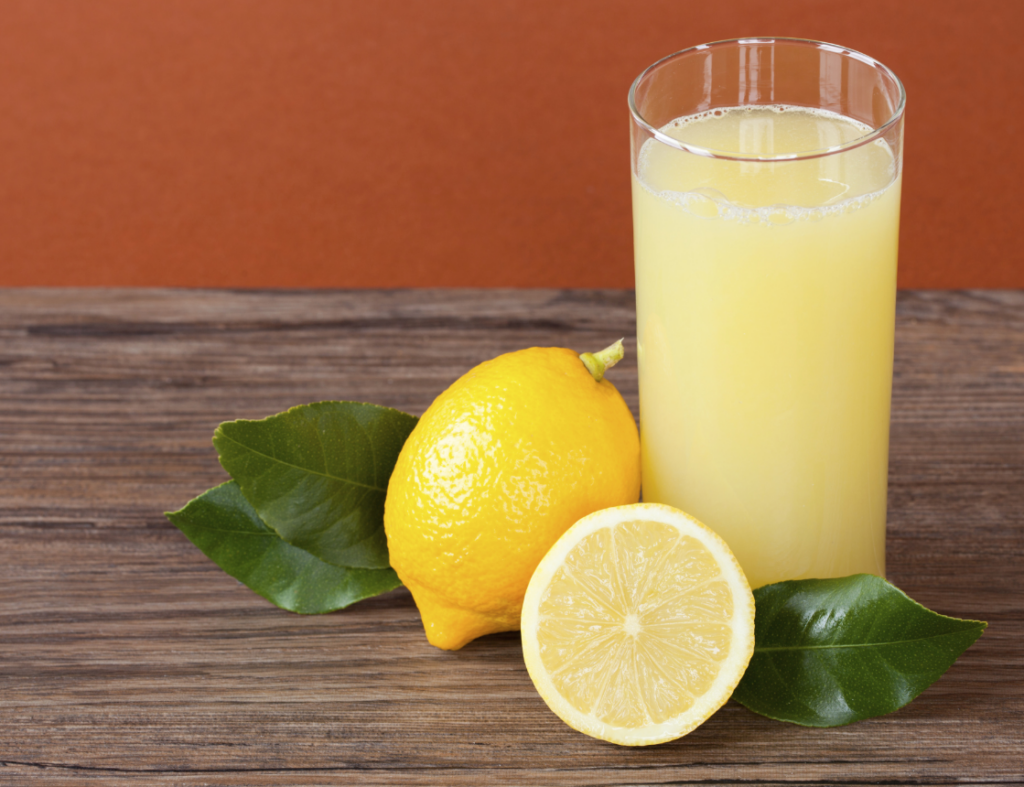
It helps cleanse the colon impurities and even harmful organisms that might be causing the infections. The potent antioxidant property also helps to stimulate it and regulate bowel movement.
Drink saline solution
The solution helps to stimulate bowel movement and remove toxic substances, accumulate waste, parasites, bacteria, and other impurities blocking the colon.
Swollen Colon and Blood in Stool
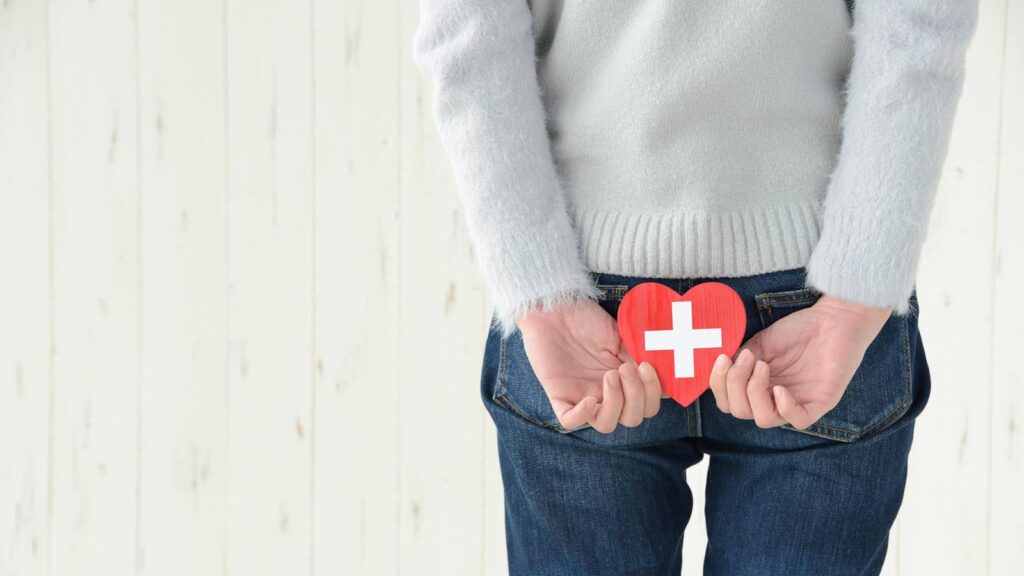
This occurs due to Lower GI Bleeding as a result of a swollen colon. This could be caused by an infection, food poisoning, parasites, Crohn’s disease, or reduced blood flow in the colon. Hemorrhoids are another common cause of GI or rectal bleeding.
A hemorrhoid is an enlarged vein in your rectum or anus making them rupture and bleed, causing rectal bleeding. Anal fissure, which can also tear the muscular ring that forms the anal sphincter, and is usually caused by constipation or hard stools.

